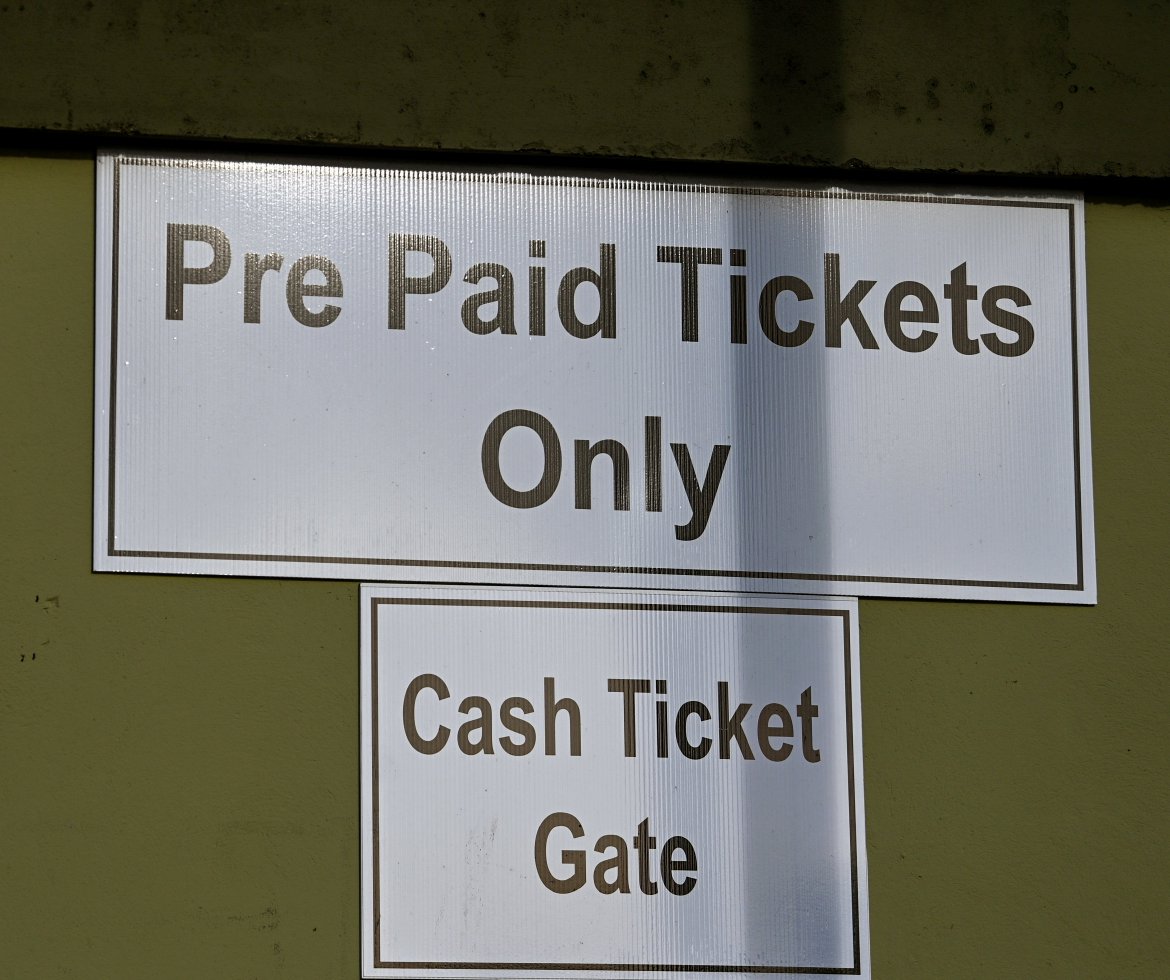THE club treasurer is the chief financial officer of the club and is regarded as one of the most responsible and vital roles across all GAA associations.
The role requires a high level of integrity, reliability, accuracy, and strong organisational skills. The treasurer works closely with the chairperson and secretary, often taking a leading role in managing the club’s financial affairs and ensuring the sound financial management of all activities.
The treasurer reports to the club executive committee.
The responsibilities of the club treasurer cover several key areas. In terms of financial management, the treasurer is responsible for maintaining accurate and up-to-date records of all financial transactions, preparing regular reports for club meetings and ensuring that proper books of account are kept.
The treasurer must also prepare and present the annual financial statement at the annual general meeting (AGM) and ensure that the club’s finances are managed in line with the rules and guidelines of the GAA, as well as relevant UK financial and charity regulations (where applicable).
Administrative and operational duties form a major part of the role. The treasurer oversees the day-to-day financial administration of the club, including the collection of membership fees, player registrations, fundraising income, sponsorships, grants and match receipts.
They are responsible for the payment of all club expenses, maintaining bank accounts, reconciling statements and ensuring that all financial transactions are properly authorised and recorded.
The treasurer also manages the preparation of budgets in consultation with the executive committee, monitors income and expenditure throughout the year and advises on financial planning to support the club’s development and sustainability.
In addition, the treasurer ensures that all financial obligations are met in a timely manner, including affiliation fees, insurance premiums and contributions to the players’ injury fund. The treasurer works closely with county and divisional committees and liaises with the county treasurer where required.
The role requires a range of skills and knowledge. Strong numerical and analytical skills, attention to detail, financial literacy and effective time management are essential. The treasurer should also have good verbal and written communication skills, sound judgement, and the ability to present financial information clearly to members of the committee and club. A working knowledge of accounting software, spreadsheets and other IT systems is important.
Other essential requirements include having sufficient time to fulfil the role, a genuine interest in the GAA and being of good standing within the community.
The treasurer must act with honesty, transparency, and confidentiality at all times to ensure the financial integrity and reputation of the club.
Receive quality journalism wherever you are, on any device. Keep up to date from the comfort of your own home with a digital subscription.
Any time | Any place | Anywhere















